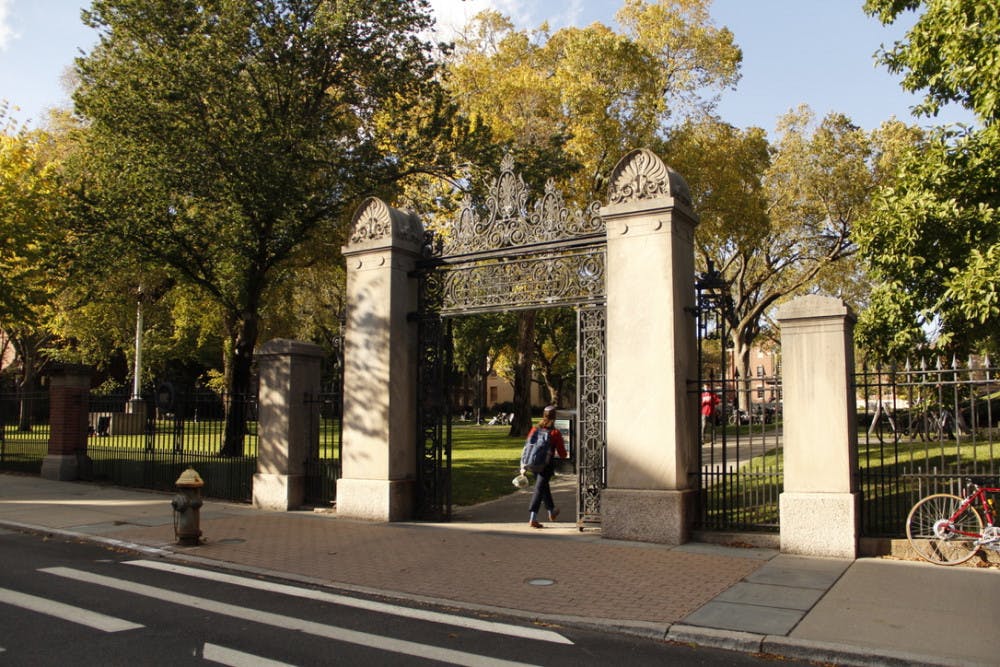At the outset of the spring semester, public health officials and the University both maintain the importance of adhering to public health guidelines, as January marks the greatest number of positive COVID-19 cases reported yet on a national level. Students returning to campus for the semester are currently in Quiet Period.
The Herald has compiled information on these public health guidelines for the convenience of the campus community as its members navigate Quiet Period.
Quiet Period stages
Beginning on Jan. 13 and continuing through at least Jan. 27, the campus is currently undergoing a two-stage Quiet Period.
During Stage One, students are expected to remain in their residence halls except to pick up meals, receive mail, attend Health Services appointments and undergo COVID-19 testing
Stage One will continue until the University communicates that all students have received at least two negative COVID-19 tests and low infection rates permit transition into Stage Two.
In Stage Two, students will be allowed limited movement throughout campus, including gathering in groups of no more than five students, preferably outdoors, and while wearing masks or socially distancing. In addition, students will be allowed to exercise outdoors on campus and have contactless food delivery, according to the University. Students will still be prohibited from interacting with the community outside of Brown’s campus.
The University announced in a January 16th email that Quiet Period may be extended if “students do not follow these restrictions.” In addition, if campus health conditions worsen after transitioning to Stage Two, the University may revert to Stage One of Quiet Period.
Campus Activity Status
The Campus Activity Status refers to the range of permissible activities for on-campus and off-campus students in Providence.
The University will choose the Campus Activity Status based on COVID-19 cases in the greater Providence area and within the University community.
Level 1 of the Campus Activity Status follows the procedures of Stage Two of Quiet Period: on-campus students will be allowed limited movement throughout campus, COVID-safe gatherings of no more than 5 people, outdoor exercise and grab-and-go dining. Off-campus movement is strongly discouraged in this stage and will only be allowed for essential reasons.
Level 2 of the Campus Activity Status permits undergraduate classes of fewer than 20 people to meet in-person with masks and social distancing. Students will also have access to libraries and the Nelson Fitness Center on a reservation basis. Limited events and physical training for groups of 15 or fewer may be permitted depending on ongoing health considerations. Social interactions outside of pods should be done while social distancing and/or wearing masks while interactions between pod members will not require masks. Additionally, “some off campus activities” will be allowed.
Level 3 is the highest Campus Activity Status level in the University’s plans. Under Level 3, students will be allowed extended access to in-person facilities. University dining halls will re-evaluate in-person dining with social distancing and more campus eateries may open. Physical training and practice of groups of fewer than 20 may also be allowed. These decisions will be subject to the context of ongoing health conditions.
Travel
At all times during Brown’s spring semester, out-of-state travel is strictly prohibited for students living on-campus and off-campus in the Providence area. No exceptions to this policy will be offered to undergraduate students until further notice.
On-campus students are allowed to participate in in-state travel once the University reaches a Campus Activity Status of Level 2.
Testing
Regardless of Campus Activity Level, routine asymptomatic testing for COVID-19 is required of all students, faculty and staff. All students are required to be tested at least every four days.
All asymptomatic testing will take place at the Olney-Margolies Athletic Center, at One Davol Square and at the Omni Hotel, depending on where students are staying.
Symptomatic testing will take place through University Health Services using nasopharyngeal swabs for students who reported symptoms through the Verily health portal.
Pod formation
The University encourages on-campus students to form pods with fellow students who associate together based on agreed upon practices.
Pods should be approximately six students, with the possibility of increasing as the Campus Activity Level changes. Students are strongly discouraged from joining or engaging with more than one pod.
Disciplinary action and reporting concerns
Fall 2020 saw a significant increase in disciplinary action compared to previous semesters due to the greater number of University guidelines created in response to the public health situation. Violations of the COVID-19 Campus Safety Policy are also considered violations of the 2020-2021 Code of Student Conduct. Students who violate COVID guidelines can potentially face disciplinary action, according to the Office of Student Conduct and Community Standards.
Members of the Brown community who witness behaviors or practices they believe to be in violation of University health guidelines can submit a report via the University’s COVID concern reporting form.
Similarly, students may also choose to submit a report through the University’s Anonymous Reporting Hotline.
This page will be updated as more information becomes available. If you have a question about returning to Providence that you’d like to see answered, email us at: herald@browndailyherald.com.

Jack Walker served as senior editor of multimedia, social media and post- magazine for The Herald’s 132nd Editorial Board. Jack is an archaeology and literary arts concentrator from Thurmont, Maryland who previously covered the Grad School and staff and student labor beats.





